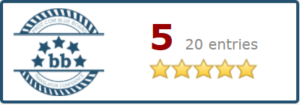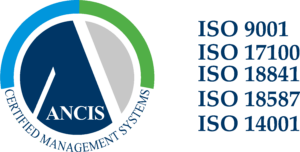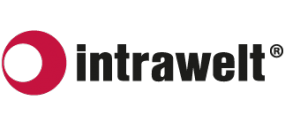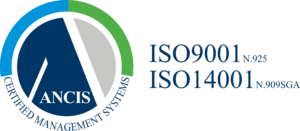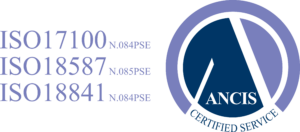+39 0734 993744
Translation, interpreting and desktop publishing in certified quality
Intrawelt’s production process and procedures are subject to regular auditing and are certified by ANCIS, according to international standards ISO 9001:2015, UNI EN 17100:2017 and UNI 14001:2015.
At Intrawelt, the word Quality is more than just marketing speak; it is the result of a certified process and professional approach underpinning every single word that we translate.
The UNI EN ISO 9001 standard represents the global benchmark for certification of company quality-management systems (QMSs). The primary objective is to achieve customer satisfaction through management of an organisational system aimed at constant improvement.
The ISO 9001 standard holds final customer satisfaction as a fundamental indicator.
Every single translated word has the control and compliance with the strictest European standards on process quality and customer satisfaction behind it.
The ISO 17100 standard defines requirements for all aspects of the translation process that directly influence the quality and provision of translation services.
We place great importance on dialogue with our clients. This begins right from the initial request for translation services and continues with the management of any revisions, fine-tuning, evaluation of client satisfaction and finalisation of administrative procedures.
Being ISO 17100 certified means respecting the quality of the translation and revision processes, interacting with the customer and guaranteeing maximum customer satisfaction.
The ISO 14001 standard is the international standard that specifies requirements for an effective environmental management system (EMS). It provides a framework that an organization can follow, rather than establishing environmental performance requirements.
Part of the ISO 14000 family of standards on environmental management, ISO 14001 is a voluntary standard that organizations can certify to.
The International Organization for Standardization (ISO) defines an environmental management system as “part of the management system used to manage environmental aspects, fulfill compliance obligations, and address risks and opportunities.”
Services
Legal Information and Privacy Policy
International Business Development Office
NEWSLETTER
